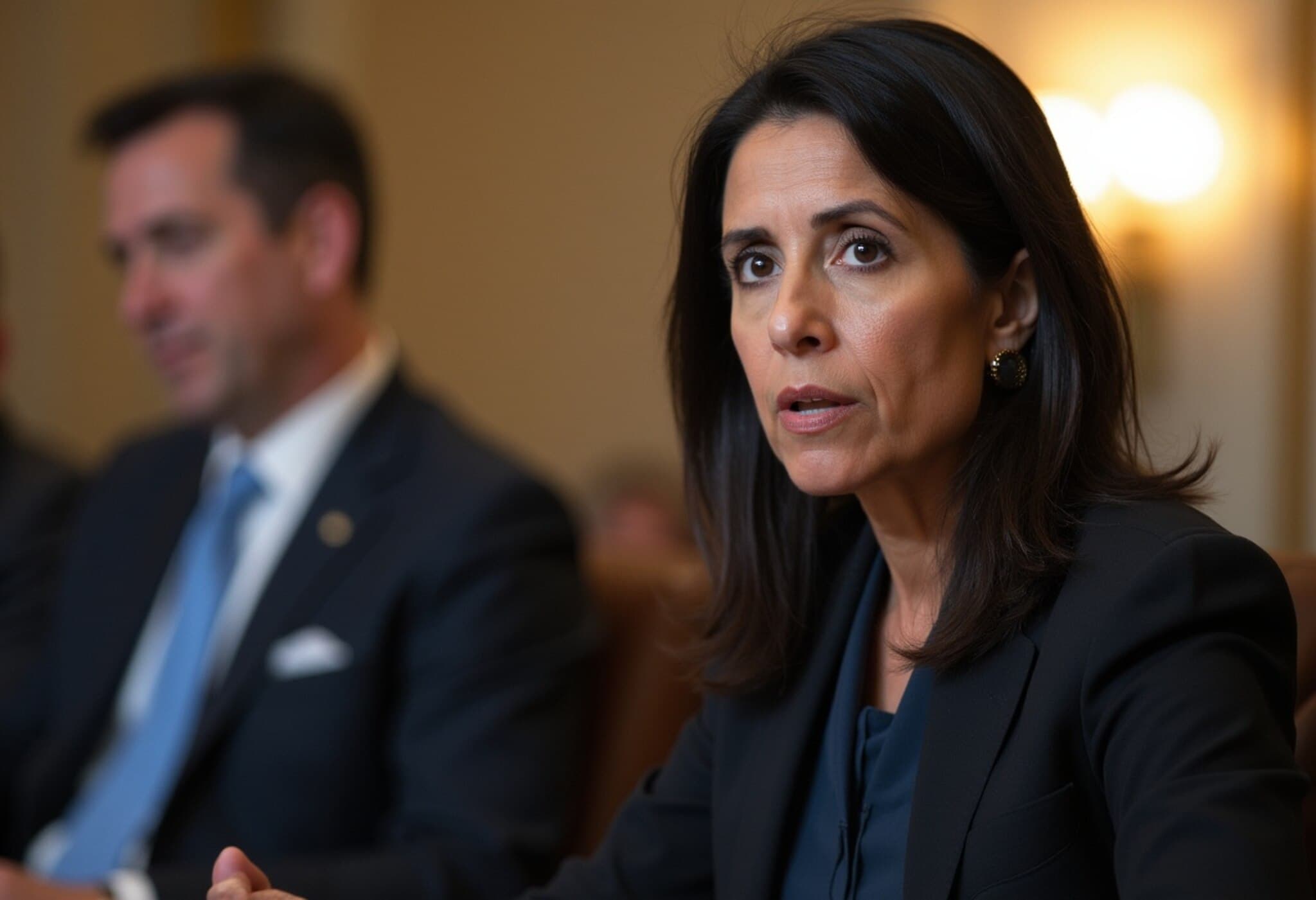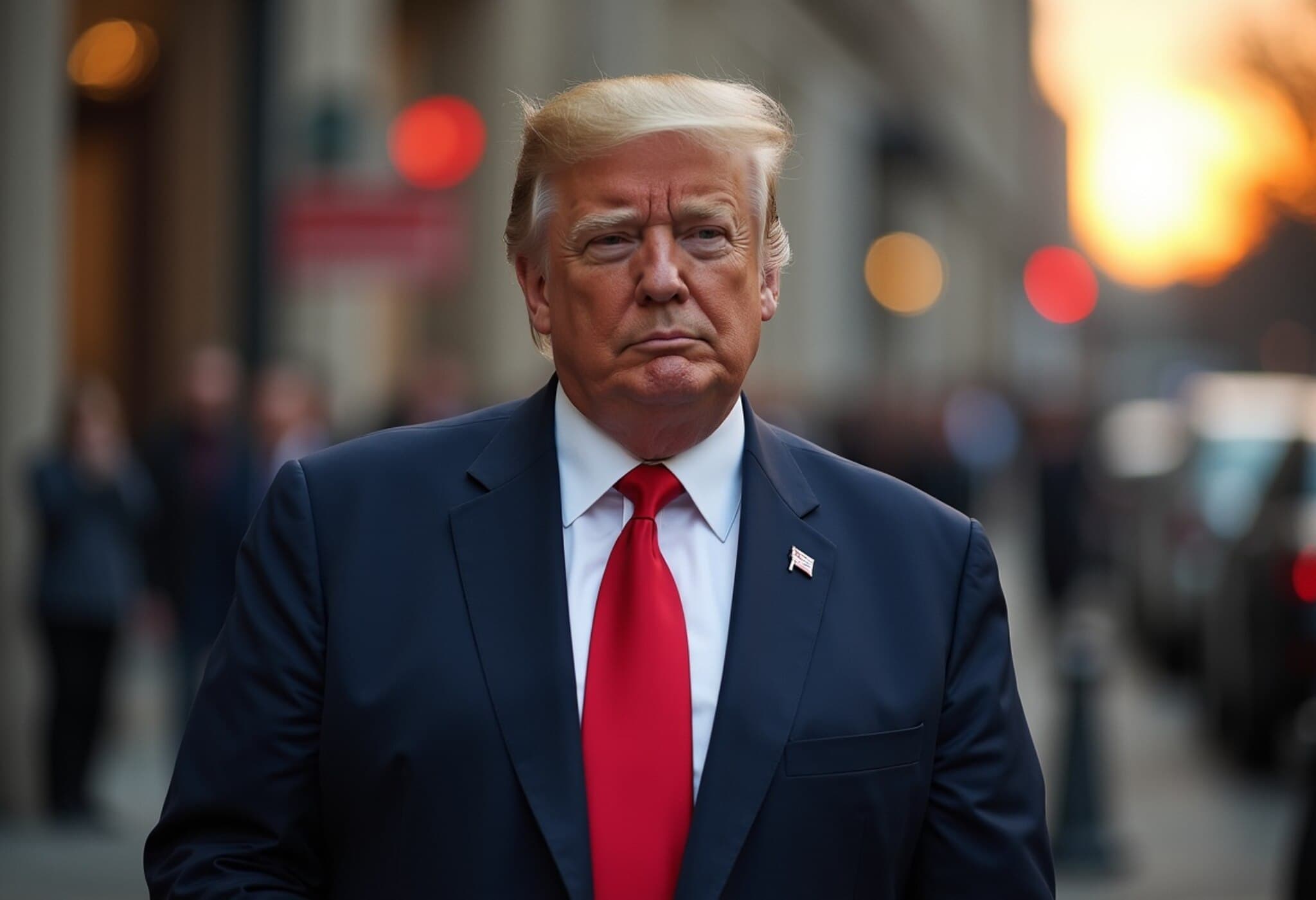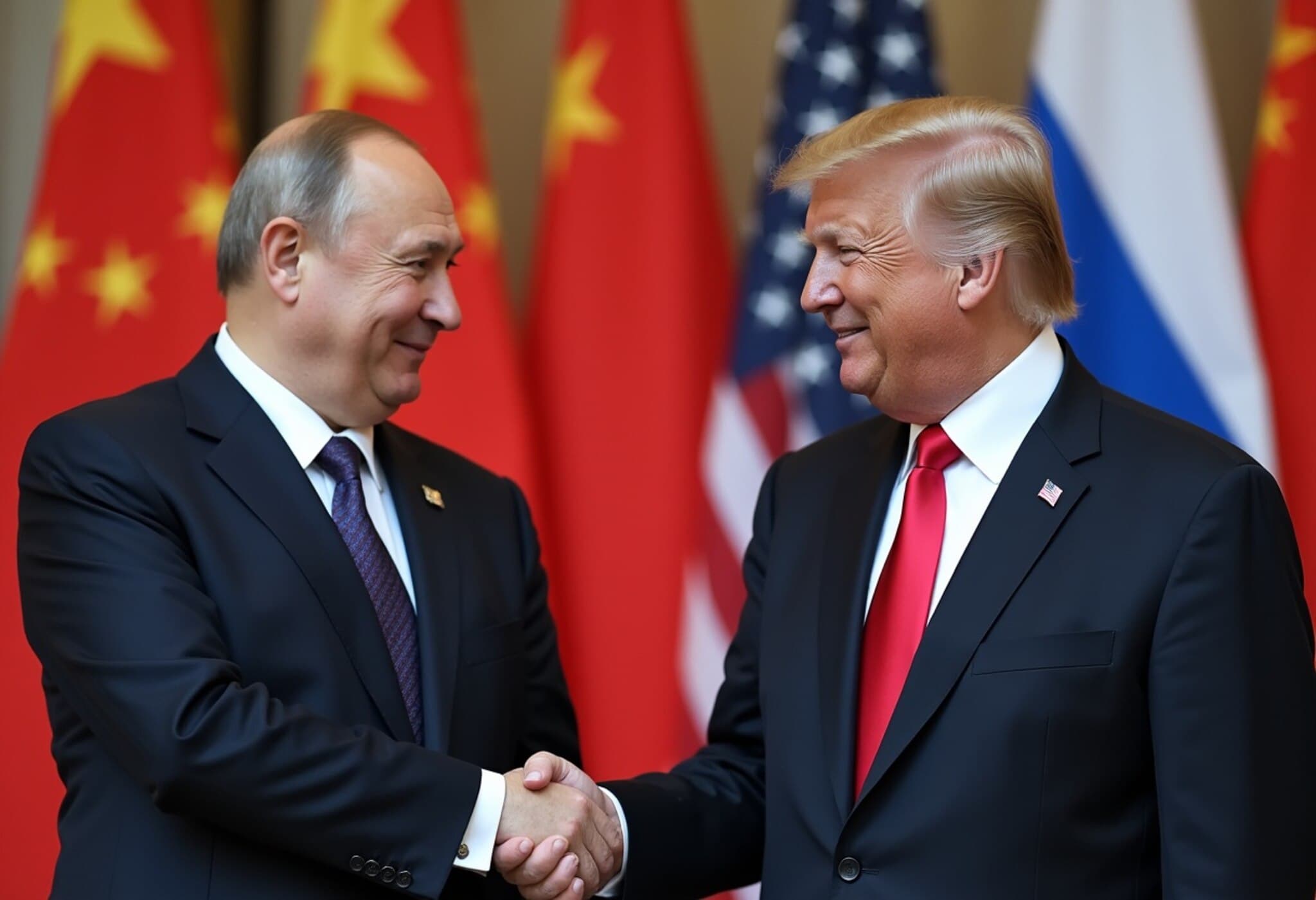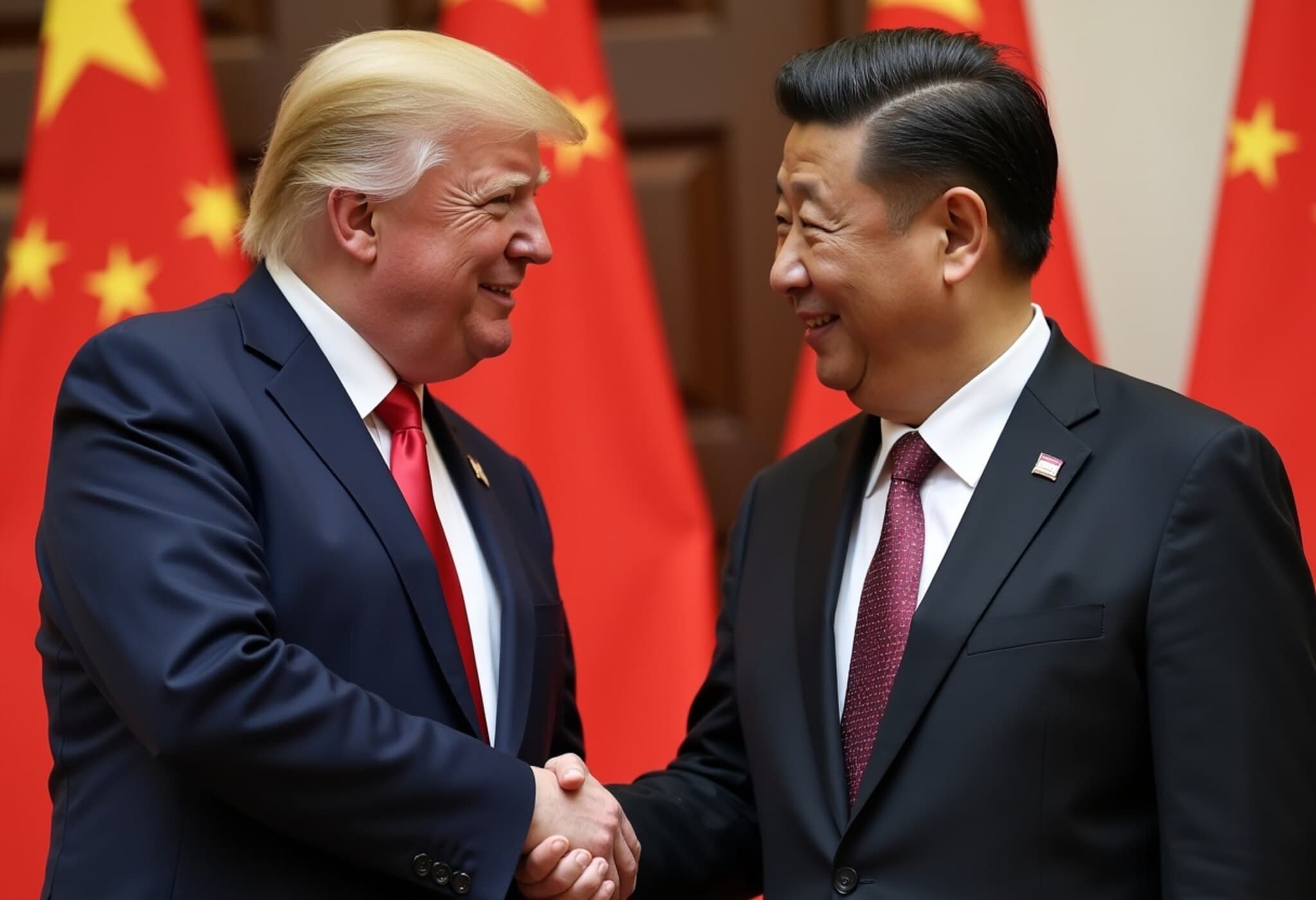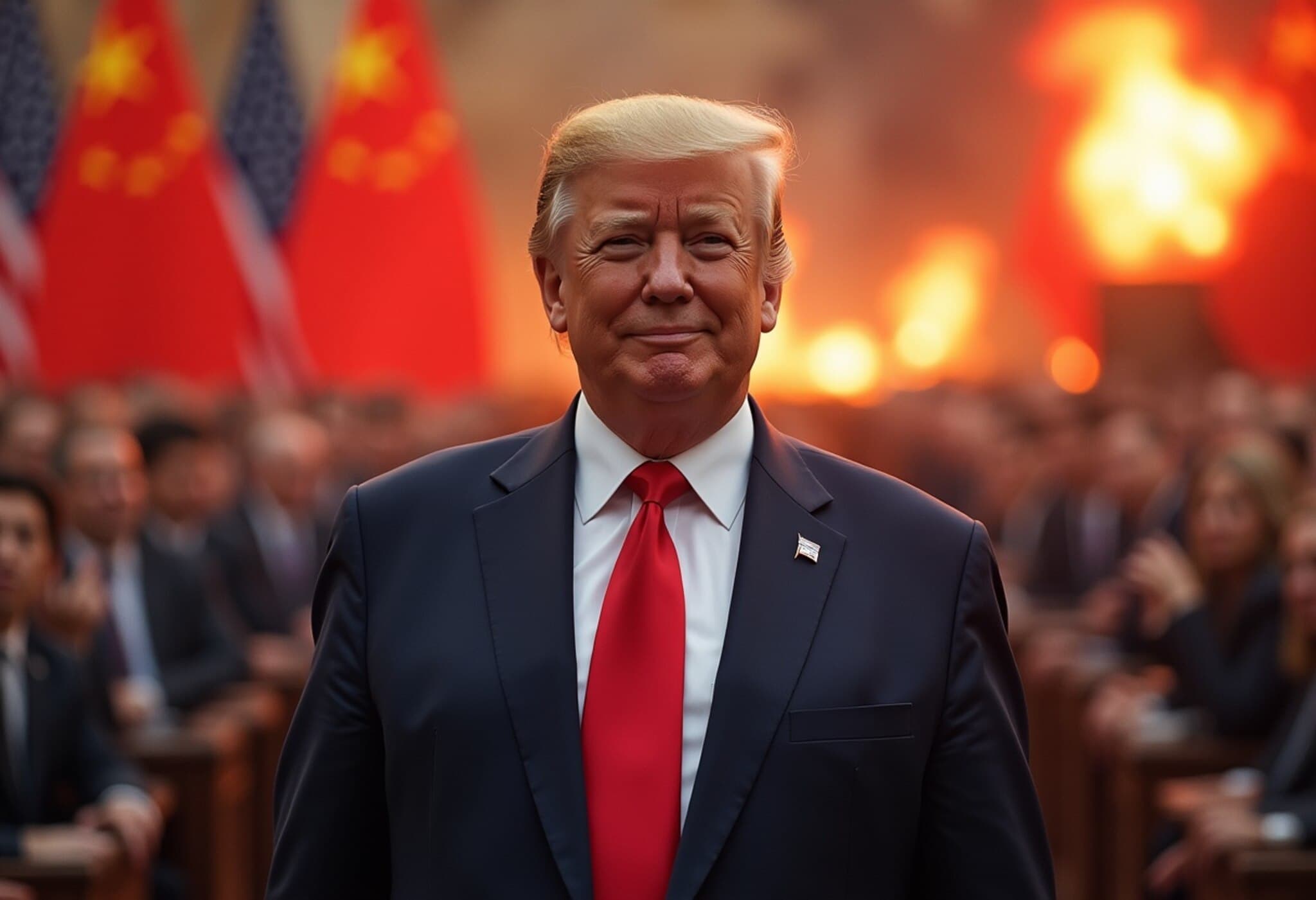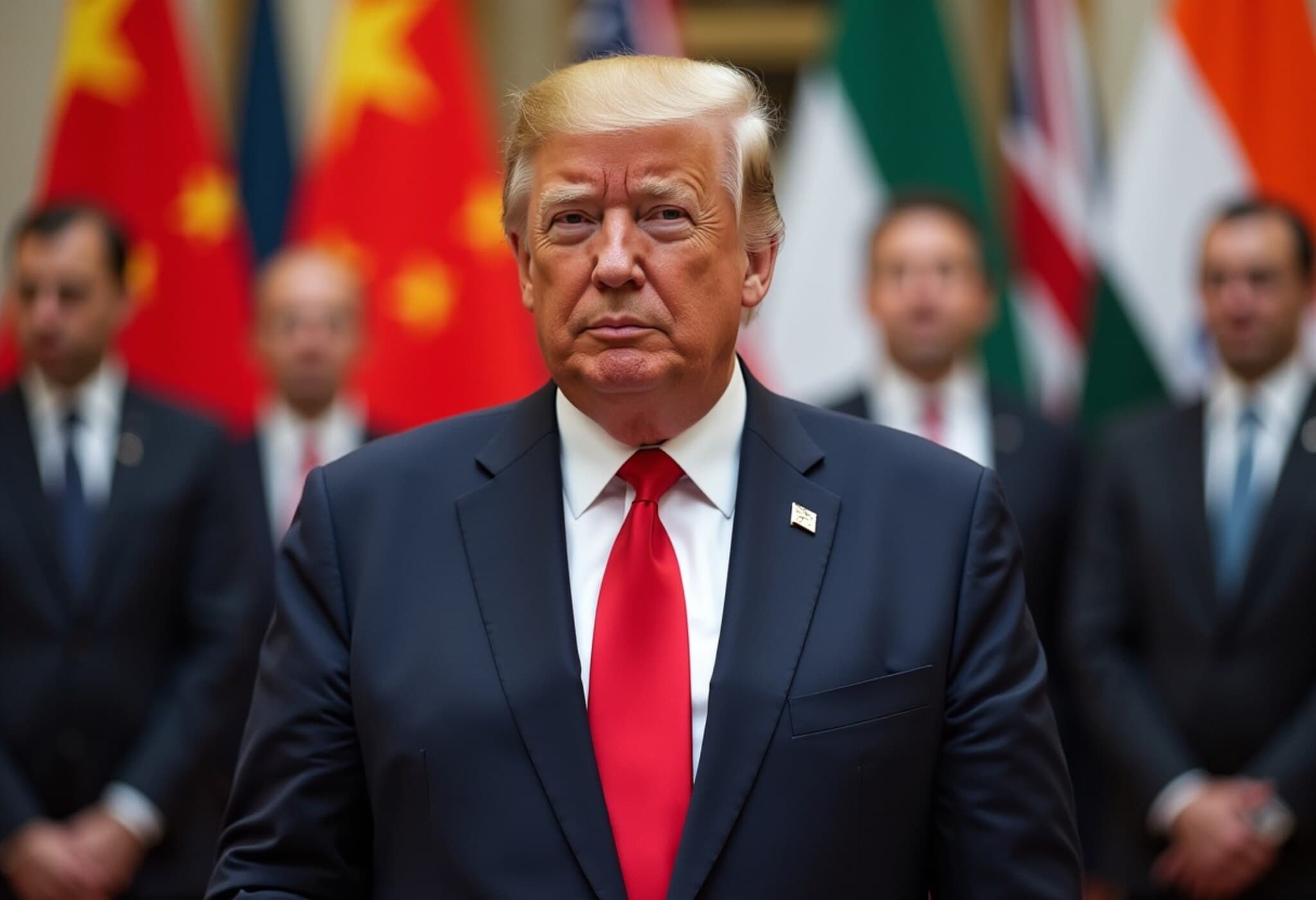Federal Probe Targets University of Michigan Over China-Linked Biosecurity Risks
The University of Michigan recently found itself at the center of a growing national security investigation following allegations involving Chinese scientists associated with the institution. Federal authorities have charged two Chinese researchers connected to the university with illegally attempting to smuggle hazardous biological materials into the United States—settings off alarm bells about possible vulnerabilities to bioterror threats.
Background of the Investigation
In June 2025, the FBI intervened to stop efforts by a Chinese scientist and his partner, both affiliated with a University of Michigan laboratory, from introducing a toxic fungus into the U.S. Shortly afterward, authorities arrested another Chinese researcher upon entry to the country, accusing him of shipping biological materials to the same university's lab. These incidents have prompted the U.S. Department of Education to open a detailed inquiry into the university's foreign funding, research security protocols, and transparency in reporting.
Concerns over Foreign Influence and National Security
The Education Department highlighted “highly disturbing criminal charges” connected to the university and warned about the “vulnerability” of Michigan’s research environment to potential sabotage or espionage linked to China. Paul Moore, chief investigative counsel, emphasized the risks foreign partnerships can pose when not monitored closely. The department also criticized the university for producing “incomplete, inaccurate and untimely” disclosures regarding foreign research funding, hinting at systemic compliance gaps.
This probe arrives amid broader U.S. efforts to scrutinize Chinese ties within academic institutions. The Trump administration had championed enhanced transparency around foreign gifts and collaborations, particularly those involving China. Similar investigations are underway at prestigious universities such as Harvard, the University of Pennsylvania, and UC Berkeley, reflecting rising concerns from lawmakers and national security experts about technology theft and intellectual property breaches.
The University’s Response and Political Context
University of Michigan spokesperson Colleen Mastony reaffirmed the institution’s commitment to cooperate fully with investigators and underscored its condemnation of actions that threaten national security. She stressed the university’s dedication to its public mission and legal obligations.
Nonetheless, tensions remain internally. The Education Department’s letter singled out Ann Chih Lin, director of Michigan’s Center for Chinese Studies, for downplaying the risks posed by Chinese collaborations. Lin’s skeptical stance on espionage concerns reportedly unsettled federal officials given the significant portion of the university’s research funds tied to U.S. taxpayer dollars.
Why This Matters: Research Security and Broader Implications
This investigation underscores a critical dilemma facing American universities: balancing openness and global collaboration with the imperative to protect sensitive research from foreign exploitation. While Chinese students represent the largest group of international students in the U.S. after India—numbering over 270,000 in 2023–24—only a small fraction have ever been implicated in espionage or intellectual property theft. However, federal authorities remain cautious, wary of research that could be diverted to advance adversarial military or technological capabilities.
Recent congressional investigations, particularly by conservative factions, exposed how U.S. federal funding has unwittingly contributed to advancements in Chinese artificial intelligence, semiconductor technology, and nuclear weaponry. Michigan’s termination of a partnership with a Shanghai university in early 2025, following pressure from lawmakers, reflects how universities have begun to recalibrate these contentious international ties.
Looking Ahead: The Road to Stronger Research Security
As the investigation unfolds, scholars and policy analysts debate how U.S. institutions can enhance security without fostering an environment of suspicion that undermines academic freedom and international collaboration. Experts suggest instituting more rigorous vetting of foreign-funded research projects, improving transparency around funding sources, and adopting best practices in compliance reporting.
Ultimately, the Michigan case exemplifies the complex challenges at the intersection of academia, national security, and geopolitics. It raises pressing questions about safeguarding innovation while maintaining the country’s leadership in global science and technology.
Key Takeaways
- Federal scrutiny intensifies over foreign funding and research security at major U.S. universities linked to China.
- The University of Michigan faces allegations of incomplete disclosures and vulnerability to bioterror-related sabotage.
- Political pressure fuels efforts to decouple sensitive research from foreign influence, particularly China’s.
- The debate continues over balancing academic openness with protecting national security interests.
Editor’s Note
The University of Michigan’s predicament is emblematic of a larger national crossroads: how can U.S. academia remain a bastion of open innovation while shielding itself from potential foreign threats? As investigations deepen, transparency and rigorous oversight will be crucial—not only to protect intellectual property but to maintain public trust in scientific research. This case invites readers to consider how geopolitics increasingly shape the contours of academic freedom and national security in an interconnected world.







